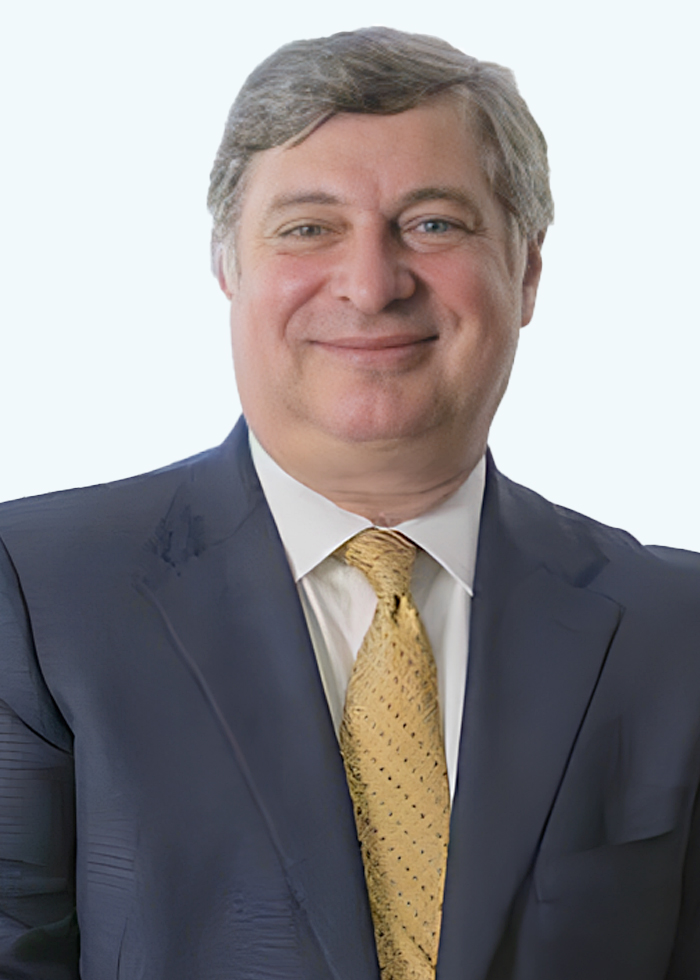Patent eligibility has emerged as a pivotal issue as artificial intelligence (AI) and biotechnology continue to expand and evolve. Recent legal developments have significantly impacted how innovations in these fields are patented. With AI challenging traditional notions of inventiveness and biotechnology pushing the boundaries of what can be patented, both areas face unique legal hurdles.
Understanding Patent Eligibility
Patent eligibility involves the determination of whether an invention can be protected under law. To qualify for a patent, an innovation must be novel, useful, and non-obvious. In the contexts of AI and biotechnology, these criteria take on nuanced meanings. For instance, AI-related patents often grapple with issues of “inventorship” since the “inventor” may be an algorithm rather than a human. Similarly, biotechnological advancements must clearly demonstrate their inventive step beyond naturally occurring substances. By addressing these specific challenges, developers and researchers can better understand the landscape of what can—and cannot—be secured through patents in these advanced fields.
Recent Case Law Highlights
In recent years, several pivotal cases have significantly influenced the landscape of patent eligibility for AI and biotechnology. One landmark case is Thaler v. Hirshfeld, which tested the boundaries of AI as an inventor. The court concluded that under current U.S. patent law, only natural persons can be listed as inventors, thus not recognizing AI-generated inventions. This decision has sparked widespread discussion about potential reforms in patent laws to accommodate technological advancements.
In the realm of biotechnology, the Association for Molecular Pathology v. Myriad Genetics, Inc. case has had a profound impact. The Supreme Court ruled that naturally occurring DNA sequences cannot be patented, emphasizing the necessity for biotechnological inventions to demonstrate significant modifications or applications beyond natural biological products. Then, in Illumina, Inc. v. Ariosa Diagnostics, Inc., the U.S. Supreme Court addressed issues concerning the patentability of methods for preparing fetal DNA from maternal blood samples. The Court upheld the patents, ruling that the methods were patent-eligible because they were not purely based on natural phenomena but involved an innovative preparation method.
Emerging Trends in AI and Biotechnology Patenting
Emerging trends in patenting within AI and biotechnology reflect the rapid advancements and increasing complexity of these fields. In AI, one notable trend is the consideration of whether artificial intelligence systems can be recognized as inventors. This issue arises from the increasing capacity of AI systems to generate inventive solutions independently. Although current legislation typically requires a human inventor, ongoing debates and legislative proposals suggest potential changes to accommodate AI’s role in innovation.
The expansion of CRISPR technology and its applications is a significant trend in biotechnology. As these technologies evolve, so does the landscape of patent eligibility, with an increasing emphasis on specific applications of gene editing techniques rather than the broader method itself. This shift aims to ensure that patents are granted for truly novel and non-obvious applications, avoiding overly broad claims that could stifle further research and development.
Practical Advice for Innovators and Developers
For innovators and developers working in AI and biotechnology, securing patent protection begins with a thorough understanding of your innovation’s novelty and utility. Documenting the development process carefully is crucial, highlighting how your invention differs from existing technologies and meets all patent criteria. Engaging with a patent attorney early can help clarify these distinctions and strategize the best approach for your patent application. Additionally, keeping abreast of the latest changes in patent law related to your field is essential. This proactive approach ensures that your inventions are not only protected effectively but also positioned advantageously within the evolving legal landscape.
Contact an Experienced AI and Biotechnology Patent Attorney
At Gearhart Law, we guide you through the complexities of patenting innovations in AI and biotechnology. Our experienced attorneys are ready to assist with every step of the patent application process. Contact us today to secure your invention’s future and leverage our knowledge for success.


